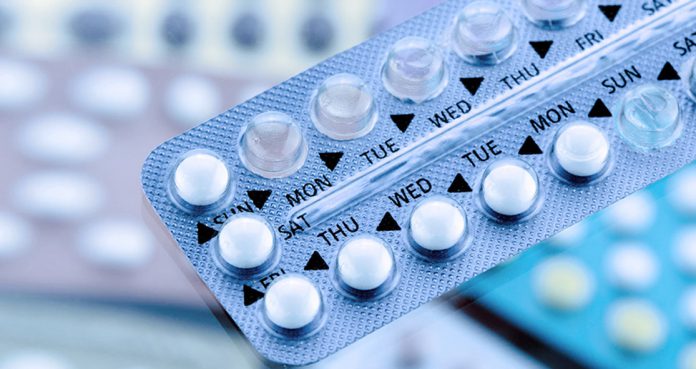A new study has found that the birth control pill shrinks a part of the brain called the hypothalamus, which is known to control your sexual urge and drive.
Researchers found that women who took the oral contraceptive pill had a significantly smaller hypothalamus, the important part of the brain that regulates sex hormones. And any damage to the hypothalamus could affect a woman’s sex drive, appetite, mood, heart rate, and sleep.
The study, presented at the annual conference of Radiological Society of North America, examined 50 women, of which, 21 were using the birth control pill. Every woman underwent a brain scan and the researchers measured the size of their hypothalamus.
Eventually, the researchers were surprised to found the differences in brain structures of women who took the pill when compared to women who did not.
Study author Dr. Michael Lipton from Albert Einstein College of Medicine in New York said, “We found a dramatic difference in the size of the brain structures between women who were taking oral contraceptives and those who were not.”
“This initial study shows a strong association and should motivate further investigation into the effects of oral contraceptives on brain structure and their potential impact on brain function,” he added.
Dr. Lipton and his team also found a strong connection between smaller hypothalamus and symptoms of anger and depression.
In spite of discovering the fact that women who took the birth control pill had smaller hypothalamus, Dr. Lipton explained that the findings are currently preliminary. He said this is probably the first time the effects of sex hormones and oral contraceptive pills on the human hypothalamus have been studied.
The researchers also revealed that the birth control pill could make you fall in love with it and eventually affect your sex drive.
Psychologist Dr. Sarah Hill said the birth control pill affects “sex, attraction, stress, hunger, eating patterns, emotion regulation, friendships, aggression, mood, learning, and so many other things.”
Dr. Hill explained that women on oral contraceptive pills are less attracted to masculine men and are less or not interested in sex because the female hormone progesterone is dominant throughout the cycle. Progesterone sends a signal to the body that ovulation is not needed.
“Rather than experiencing an increased preference for sexy men at high fertility like naturally cycling women do, Pill-taking women exhibit an unwavering preference for men with less masculine faces and voices,” said Dr. Hill. She added, “This is the sort preferred by naturally cycling women during the second half of their cycles when progesterone is high.”























